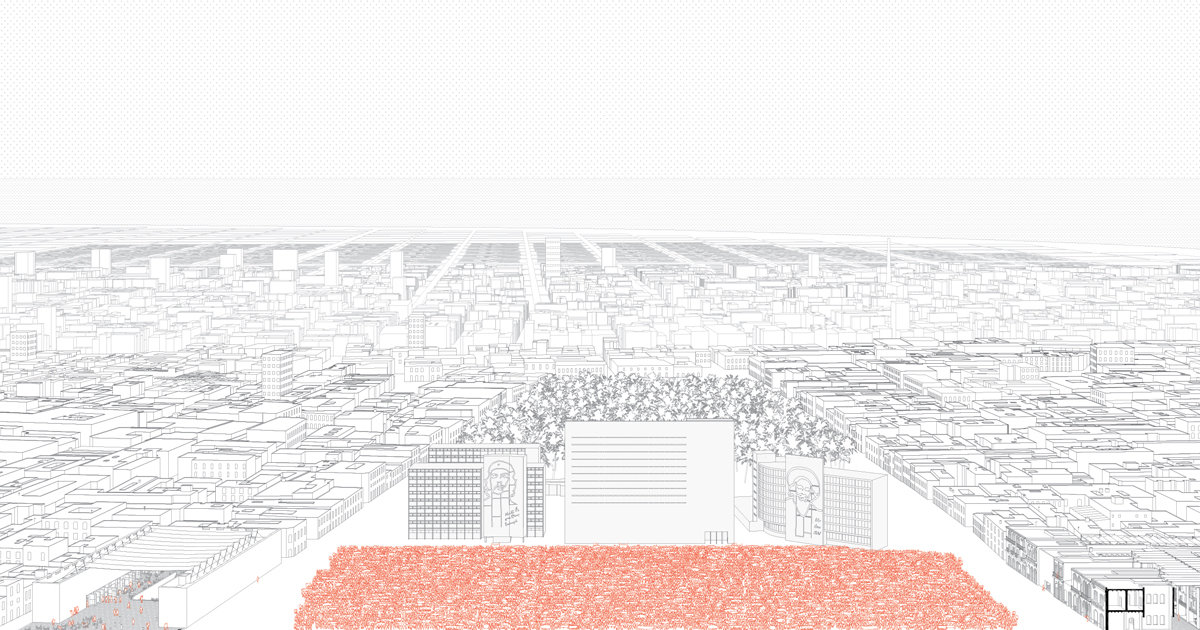
The recent implementation of Cuba’s most ambitious plan for economic transformation since the Revolution of 1959 arouse great interest both on international media and between scholars worldwide. Several analyses focused on Raúl Castro’s actualización del modelo económico from a political and economical perspective. Our contribution has tackled this topic with the apparatus of another discipline, Architecture, in order to understand and unveil its spatial, urban, built and discoursive implications.
Following an unprecedented research on how cuentapropismo (self-entrepreneurship) - one of the measures constituting the reform - is affecting on different scales both the built environment and the reflected social one, the intervention strategy, far from merely proposing solutions, aims to reveal and criticise the current idiosyncratic adjustment of the economic model in a proactive way. The proposal seeks to constitute a critical laboratory capable of challenging a series of dynamics, whilst redefining the role of the architect as an organiser and as an active actor of cultural and political thinking.